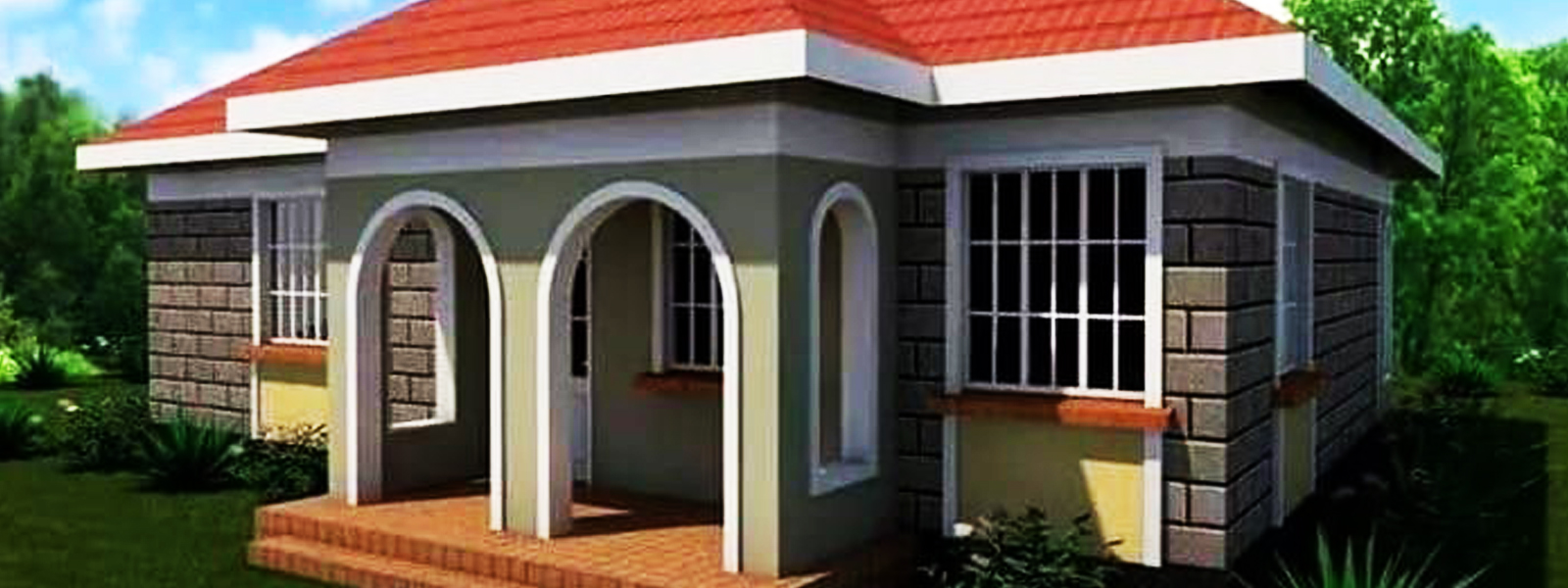What is the rightful and legal process of building a house in Kenya for Diaspora Clients?
a) Land
Houses are built on land. One has to buy or lease a land on which to build a house. Real Estate companies can help in finding land to the client. The real estate agents in Kenya, normally charge 3% of the value of the land mostly to the seller and 1.7% finder’s fee to the buyer.
The process of buying land is well covered here https://www.lakimservicesltd.com/view-all-articles read for more information.
b) Finances
Finances can be sought from various sources, depending with the nature of building one is constructing. While constructing a small personal residential house, majority of Kenyans funds the construction. This can either be through personal savings, family contributions or gifts from friends.
However, while doing a major building like a huge massionate or a commercial building, one may need a huge capital outlay which may not be at a personal disposal. This calls for the need to seek for financing from Commercial institutions. The lending institutions may either be banks, SACCOs, or lending companies. The current lending rates in Kenya ranges between 14% to 30%.
There are also other costs incurred during borrowing of construction loans as below.
=>Upfront payment for a construction loan: (Dependent on banks )
=>Chargeable interest
=>Home/house insurance
c) House Specifications
Before engaging anyone or any professional, you need to know what you want. The house must be of a style and features that meet your dreams. It starts in your brains. First draw the building in your mind. Try to sketch it in your own way. State the features you need as below.
=>Size of the that include number of bedrooms/bathrooms/toilets
=>The design showing the layout of every room
=>The position of the house on your land
d) Hiring Experts
Due to misconceptions and mis-information, many people intending to build house tend to believe that they can save a lot of money if they do the construction by themselves. But due to either lack of expertise and experience, many people who have taken this route have suffered huge losses that are not easy to recover. It is also important to know that in Kenya, the construction policy doesn’t allow unqualified persons or institutions get involved in the building of any house. This is why is important to engage the below professionals in order to abide by the law.
* Architect
In the process of construction, the first person who helps you visualize your dream house is the Architect.
The usual roles of the architect are;
=>Draw a building plan with all the customer details
=>Stating the requirements
=>Involved in construction management
=>Recommends other stakeholders in the construction
=>Help in securing finances
=>Follow-ups and making reports during the construction process
The charges of a professional architect is from 6% of the total construction cost.
* Quantity Surveyor (QS)
The quantity Surveyor is mostly in-charge of the following roles.
• Preparing the bill of quantities; a document providing specific timelines, measured materials and labour for the entire project
=>Providing cost estimates for the project
=>Managing costs and staying within budget
=>Dealing with contracts and legal matters
=>Breaking down the project into smaller component
=>Arranging for all payments
The charges by QS in Kenya ranges between 3% to 4% of the total construction cost. The charges depend on the agreement between the client and the QS.
* Electrical engineer
Their responsibility and roles are majorly;
=>Advising the contractor on the Electrical codes
=>Planning by designing electric systems
=>Ensuring that the correct materials have been procured
* Plumbing Engineer
=>Design the and plumbing systems
=>Giving plumbing works and materials estimates
=>Managing plumbing works on site
* Mechanical Engineer
They are the major players in the construction project. They take the overall responsibility in supervising the whole project. Their responsibility is ensuring that quality of materials and works is not compromised. The engineer’s fee is 2% of the total cost of the construction.
* Designers
They help in planning for decorations. They also sync the house owner’s decoration ideas with the professional touch to produce customized decorations.
e) Actual construction
The time taken at every stage in the house construction depends with such factors as size of the building, availability of resources and labour.
=>Ground preparation: This includes clearing and collecting all the unwanted trash.
=>Preparing the foundation: This includes excavation, setting out foundation steel, blocks and blinding etc.
=>Walling, Casting and framing: This involves building the walls, slabbing, and doing house frames by using wood. Other materials are used to counter weather conditions
=>Installation of Electrical and plumbing systems: upon curing of the the structure, and drying up, then the electrical and plumbing features are fitted
=>Roofing: Selecting the roofing design and material will depend on your budget and how long it will last. The developer can advise you on the best option to pick. This will range from one to two weeks.
=>Finishes: This includes interior and exterior fittings. They include, Kitchen, Cabinets, Wardrobes and other exterior fittings.
=>Floor finishes: the client should also give his views and interests on the type of floor he wants and the materials he wants to be used. Flooring periods depends mostly with the type of the floor, availability of materials and the size of the house.
=>Decorations; Like major decisions made in the construction, the decision on the decorations should be done by the designers in collaboration with the client. This is for both exterior and interior designs. These functions are mainly the last in the construction process.
